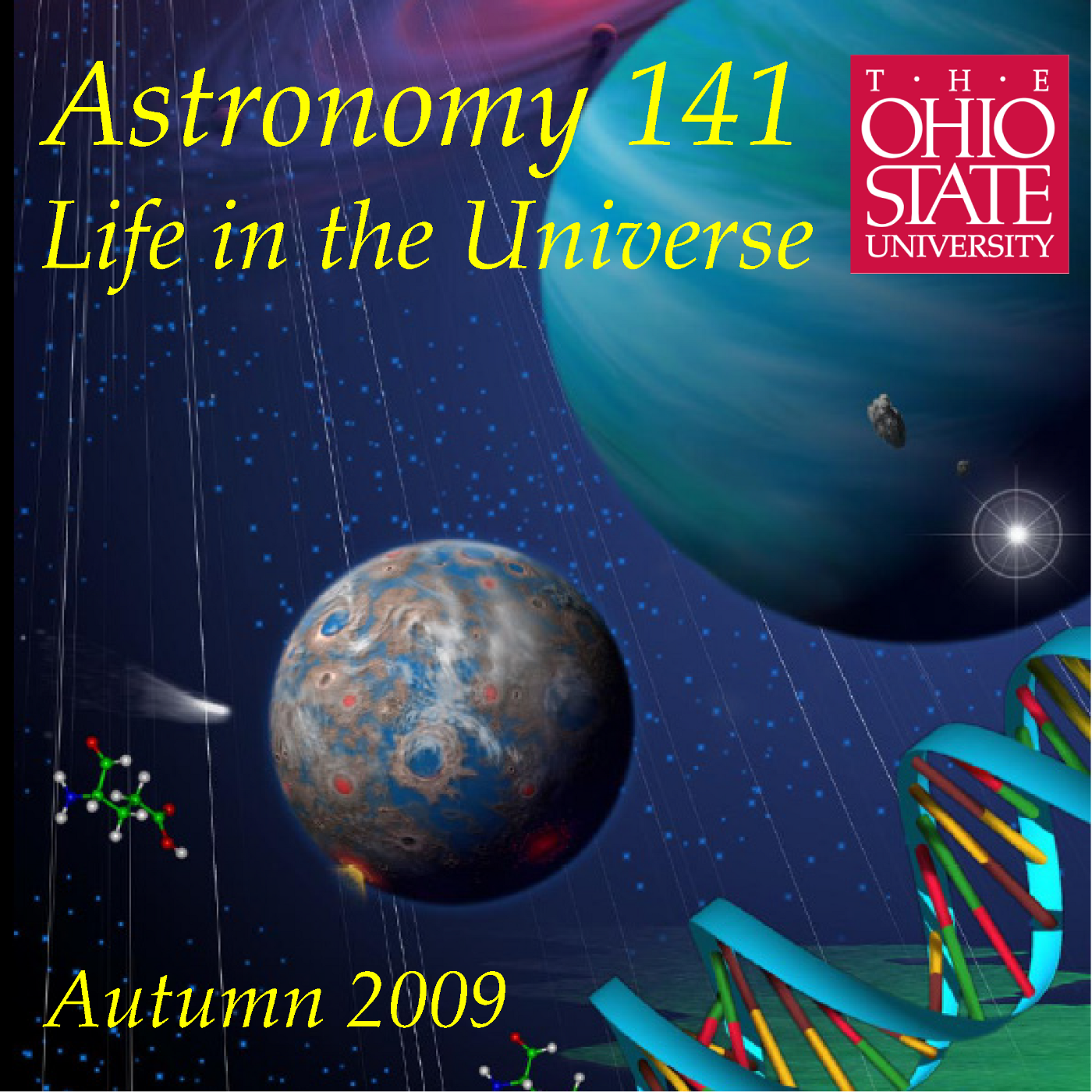Lecture 41: Interstellar Travel and Colonization
Description
If we ever detect life elsewhere, how will we go visit? This lecture
considers the challenges of interstellar travel and colonization. The
problem is one of basic physics (the enormous energy requirements of
star flight) coupled with the vast, irreducible distances between the
stars. I will describe various starship concepts that use reasonable
extrapolations of current technologies (nuclear propulsion and solar
sails), ignoring for our discussions science-fiction exotica like
faster-than-light drives and wormholes. My interest is in the
scientific aspects of the problem, not an exploration of speculative
fiction. I then turn to interstellar colonization, and how even
a relatively modest star-flight capability might allow a determined
civilization to colonize the entire galaxy very rapidly. This has
implications for how we might interpret the results of Drake Equation
type arguments about the frequency of intelligent life in the Galaxy,
and leads to the Fermi Paradox that will be the topic of the next
lecture. Recorded live on 2009 Nov 25 in Room 1005 Smith Laboratory on
the Columbus campus of The Ohio State University.
More Episodes
Course finale and summary. We look back over where we've been the last
eleven weeks, and bring together all of the main themes of this course
on Life in the Universe. Recorded live on 2009 Dec 4 in Room 1005 Smith
Laboratory on the Columbus campus of The Ohio State University.
Published 12/04/09
Published 12/04/09
How will life, the Universe, and everything end? This lecture looks at
the evolution of our expanding Universe to project the prospects for
life into the distant cosmological future. Recent observations show
that we live in an infinite, accelerating universe. I will trace the
evolution of the...
Published 12/03/09


